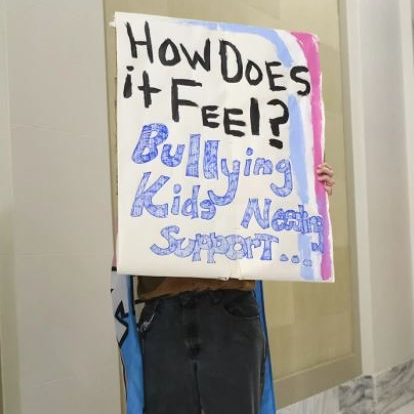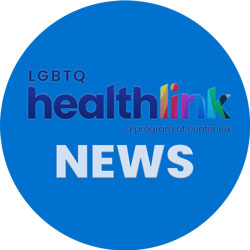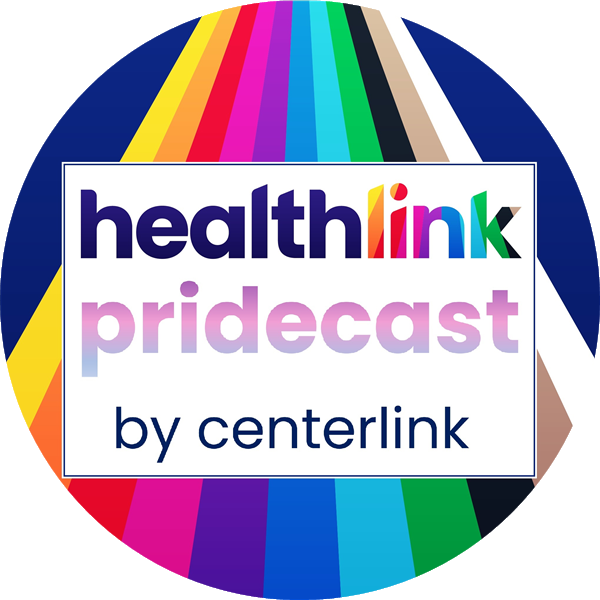Back to School Special, Plus Convos with Researchers

LGBT HealthLink, 9/1/2022
You can LISTEN to our Weekly Wellness Roundup podcast! Subscribe here: https://bit.ly/LGBTWellnessPodcast or where ever you podcast.
LGBT Students Face Challenges Back at School
USA Today reported on LGBT students heading back to school amid a growing number of state laws and policies targeting their identities. Such policies have mostly been pursuing transgender youth, including laws to block their access to restrooms, sports teams, and medical care, although some laws – like Florida’s “Don’t Say Gay” bill – have broader implications. Legal challenges to such laws are offering hope but also complication; for instance, a Utah court blocked a ban on transgender students participating in sports aligned to their gender identity, but trans students there now face case-by-case decisions on whether or not they can participate.
Gender Diverse Youth in Appalachian Region
The Hill reported on a new study finding that more than 7% of youth in rural Appalachia identify as gender diverse (or something other than cisgender). That is much higher than previous estimates, which were based on youth identifying as “transgender,” a more limited term. In fact, more of the gender diverse youth in the study held a non-binary identity rather than a binary one (e.g., transgender boy or girl). The study supports the need for more community- and school-based resources in a region in which transportation, socioeconomics, and culture could all be barriers.
Telehealth and More Needed for Gender-affirming Care
Scientific American shared a report on one way to provide resources such as those in Appalachia with limited services locally: telemedicine. An organization in a rural region of Massachusetts was able to provide gender-affirming care to 1,000 patients in its first year, largely through telemedicine, by which it was able to reach transgender people throughout New England. They also note the importance of well-resourced providers, like major hospitals, considering connecting patients to legal services to help transgender people navigate discriminatory laws as well as travel services for those who need to leave the state to access care.
Online and App-based Resources for Youth
If you are looking for remote services for LGBT youth, fans of the Roundup might recall our previous coverage of Q Chat Space, an initiative of Centerlink’s LGBT YouthLink program and partner organizations that provides LGBT youth with online discussion groups. YouthLink also partnered with Hopelab and the It Gets Better Project to launch imi, an app that helps youth explore their identities and promotes good mental health, this past Pride Month. You can learn more from our interview with YouthLink’s director, Deborah Levine, here.
Engaging Youth in Advocacy
The Los Angeles Blade reported on how to help LGBT youth deal with the politicization of their identities – including by supporting them to engage in advocacy efforts. The article says that while advocacy can provide a sense of meaning, youth should work with a trusted adult, keep their own well-being front and center, and partner with experienced organizations that will be able to provide them with needed support.The article stresses that youth who plan to engage in advocacy in their schools, communities, and beyond need access to strong mental health services to be able to work through how they feel and address any issues they encounter.
Minor Consent Laws for Sexual Health Vary
JAMA published a study finding that all states allowed at least some minors to independently consent to having HIV and sexually transmitted infection (STI) testing, though in some, there was a minimum age between 12 and 14. However, only 33 states allowed minors to consent to STI prevention services on their own, and 35 did the same for HIV prevention. About half the states had confidentiality protections in place for a variety of specific testing and services, allowing youth to access such services without parents being notified. The authors say that protective laws are good for both minors and their providers, but that limited information and knowledge about rights likely prevents many youth from accessing what they need.




